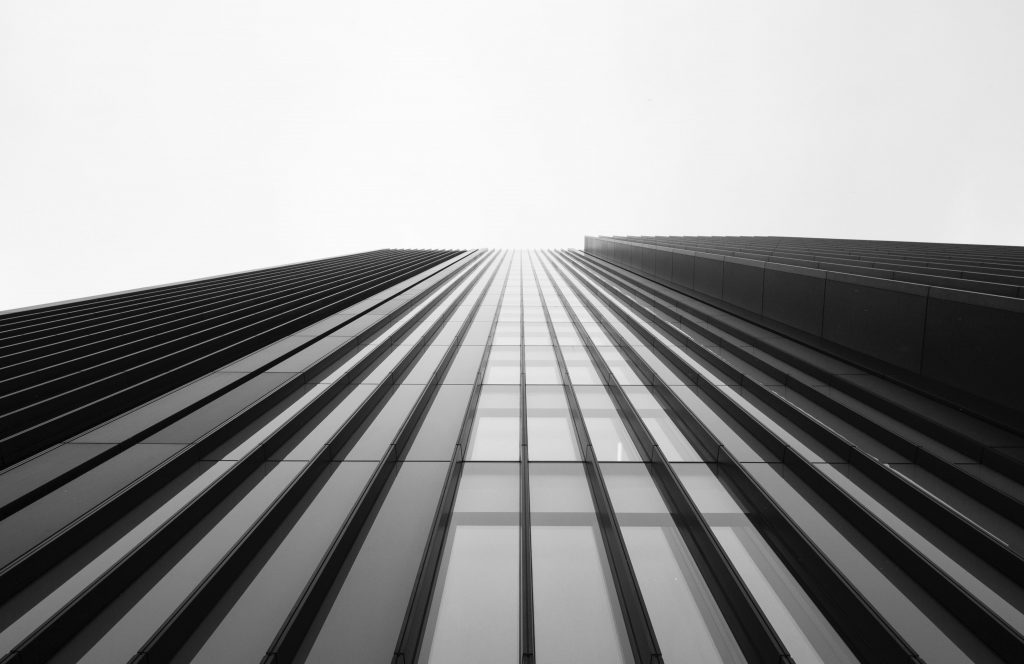The ONS has released its latest dataset, Sickness absence in the UK labour market, in which it was revealed that the UK’s workplace sickness absence rate fell to 1.8% in 2020 – the lowest level since the series began in 1995. It got me thinking that this data is very much in line with my own experience over the last 12 months and that of Greentarget’s.
In late January this year, my wife and I caught Covid-19. With two little children, one just two months old, the busiest start to a working year that I’ve ever experienced and with an impending 10-day isolation period, it’s fair to say we were up against it. The symptoms you read about are spot on – headaches, fever, sore throat, loss of taste, exhaustion, etc. While we both felt very rough and absolutely exhausted, there was no time to stop or rest. Keeping to our children’s schedules – including the regular night feeds for our youngest – we set about rotating around calls and emails, often with babe in arm, to try to pull through yet another manic workday. There was no alternative other than to keep going despite wanting to sleep, rest and recover. It is remarkable what you can do when you have no other alternative. Looking back, it has made me much stronger, but it also highlighted the benefits of flexible ways of working, giving the ability to quickly switch between communication methods and technology in order to complete tasks.
We have all been working incredibly hard to ensure our clients’ needs are met but at the same time, and often subconsciously, building up a level of resilience and immunity that I believe will ultimately serve us well and create the strongest workforce in generations.
Working remotely and innovatively is nothing new for Greentarget. We implemented flexible working at the beginning of 2019 with staff able to work from home two days a week, initially as a trial. We found that it was so popular and it worked so well that we kept it. Our timing was good as we were well set to work away from the office by the time the first lockdown came into effect in 2020. Like the rest of the world, it took time to adjust to not seeing each other. However, our working practices were already functional and the efficacy of completing tasks was already clear. In that regard, we were ahead of many other firms.
Creating a more robust workforce can range from areas such as encouraging teamwork, and implementation of innovative technology to gentler managerial skills like engagement and empathy. The workforce resilience that we are seeing, and that I believe is here to stay in the future, has been allowed to develop because of higher levels of compassion. Clients understand that the last year has not been a normal scenario. Childcare, home schooling, being away from family and friends and feeling isolated in lockdown has humanised the workforce and broken down the work/life barrier to the extent that it will, in the long term, build a much stronger workforce.
At Greentarget, we have embraced the new way of working but long to see each other in person within an immersive and collaborative environment. Whether that is in a traditional office space where everyone has their own desk or something much more flexible than that is yet to be seen. But one thing we know for sure is that we will be coming back as a stronger and more resilient team than ever before.
Share this article
Want to share this article with others? Share via the links below
